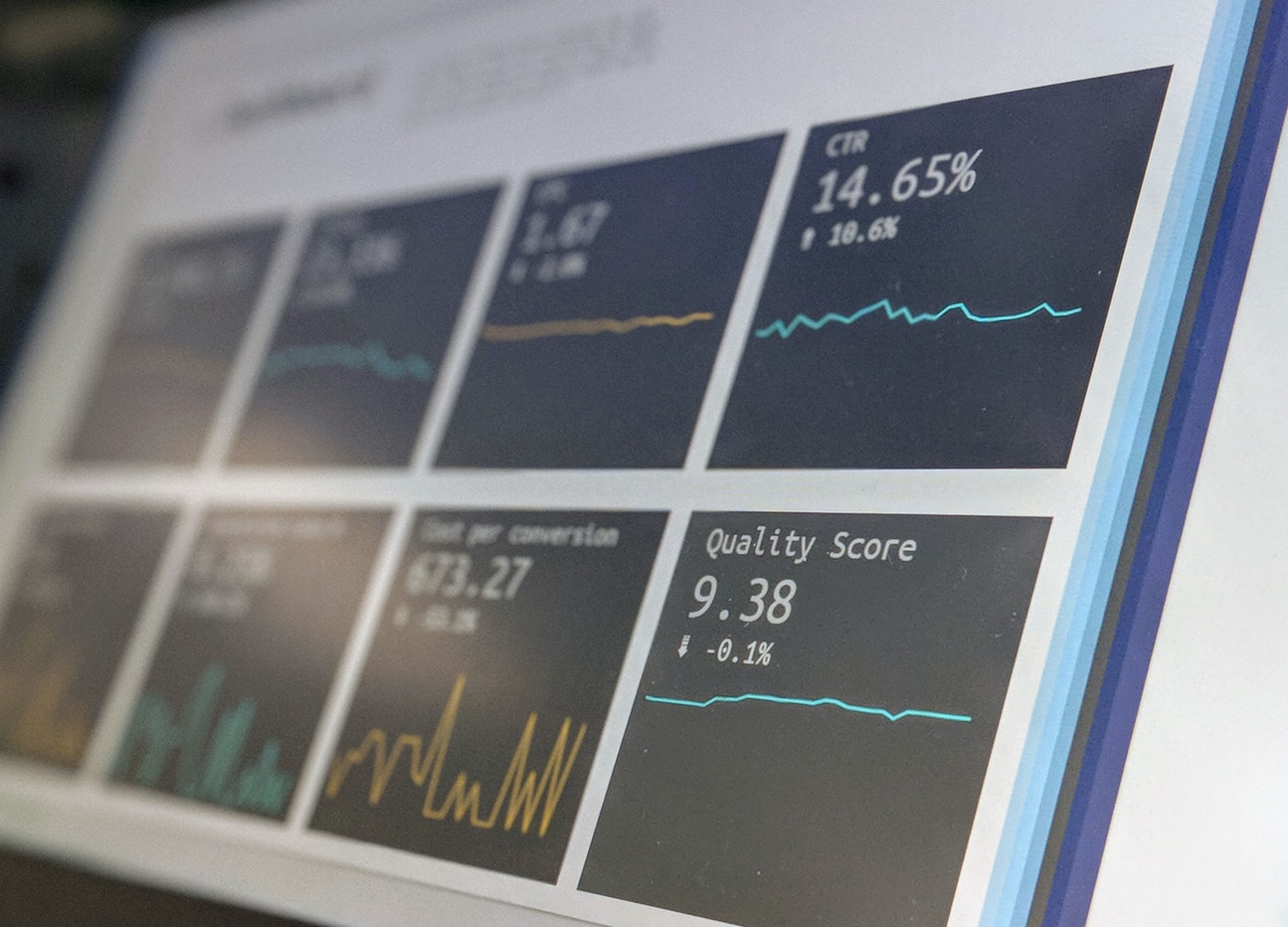Artificial Intelligence: State of the Art — Part II: Possibilities with AI
What exactly is possible with AI today?
As so many things are going on with Artificial Intelligence, it is impossible to establish an exhaustive list of possibilities. I rather wanted to focus on the online use of AI, as this is how most of us experience it on a daily basis. Although an entire book could be written only on this subject, here is a summary of the uses of AI online.
- Several companies use digital assistants – all powered by AI – so you can order a pizza or a flight without lifting your little finger
- Voice search is the next space race, as “voice search technology has the potential to revolutionize how we source information, how we communicate, and even how we live our lives”
- Google’s search engine has always been dependent on AI, just like Netflix and Amazon with their recommendations, and Google Sheets present new features also depending on AI
- Facebook’s robots invented their own language while learning how to negotiate like humans (com, independent.co.uk & telegraph.co.uk)
- “Most recently Facebook said it would try to curtail terrorism-related contentwith the help of Artificial Intelligence”! (com)
However, if you’re interested in the applications of AI, there’re many fields where its role is crucial: gaming, vision systems (like the software police uses to recognize faces), speech and handwriting recognition, and natural language processing – to interact with computers who understand us – among many others.
So, what can we expect to be possible in the future?
Some believers say that, in 10 years, we might be able to talk with our pets! (metro.co.uk). On a more serious note: according to the BBC and a global survey of experts in machine learning, half of human jobs might be taken over by AI in the next 45 years, and it might be up to 120 years for the rest to be automated. Some experts believe that, in the next 40 years, humans will be outperformed by AI in writing essays (by 2026), driving lorries, working in retail, writing books (by 2049) and executing surgeries (by 2053). But other specialists explain that the survey’s results are accurate only within a 5 to 10-years range, that the future is not foreseeable beyond that and that the rest is pure speculation. So, no reason to panic!



